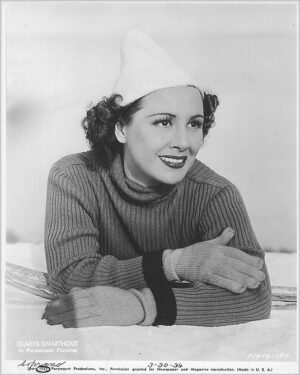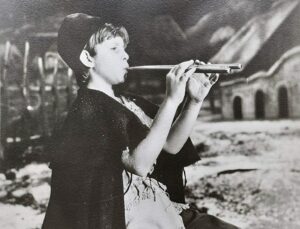As in many of Verdi’s early and middle operas, he key to the solution of the problem is in the voice and personality of its principal female performer (whether called Abigaille, in “Nabucco.” Elvira in “Ernani,” or Lady Macbeth in “Macbeth.”) In “Vespri” it is the character of Elena, a part impersonated with commanding excellence by Maria Callas in Italian revivals of the Fifties.
As of then, Miss Callas could bestride the stylistic schism the role contains, to give nearly equal effect to the florid writing Verdi inherited from Bellini and Donizetti and to the palpitating dramatic expression he invented. Caballé cannot, of course, create such an infuriated Elena as Callas was: But she is superbly qualified to go even beyond her predecessor in glorifying the older order of vocal challenge. Her exquisitely defined version of “Arrigo! ah parli a un core” in the next to the last scene aroused a storm of applause that was only quieted when the singer gestured for it to stop and let the opera continue. This was an echo of the success Caballé had enjoyed a week or so before in Carnegie Hall for her finesse in seldom-heard arias of Handel and Vivaldi as well as Bellini and Donizetti. It is a reminder, too, that in works which cross stylistic lines, as “Vespri” does, it is better for an impresario to cast for strength to one side or the other rather than compromise both. In this instance of the operatic bargain, the choice of Caballé purchases beauty of line and phraseology, rare at any time, at the price of dramatic credibility. It will have to do until the next Callas comes along. . . .
Perhaps the most enduring outcome of this risky venture is the contribution of Levine to its musical success. The performance of the overture was, as has been his wont, physically forceful and a shade brutal aesthetically. But as the performance progressed, welcome variations in accent and emphasis began to accumulate. In the final scene, the adjustment of the orchestra to Caballé’s finely spun sound and the implementation of Verdi’s subtle contrasts of indecision and excitement compel the creation of a new timetable for Levine’s emergence to musical maturity… like now?
Birthday anniversaries of librettist Felice Romani (1788), composer Franz Schubert (1797), tenor Mario Lanza and performer Carol Channing (both 1921)
Happy 86th birthday composer Philip Glass.



